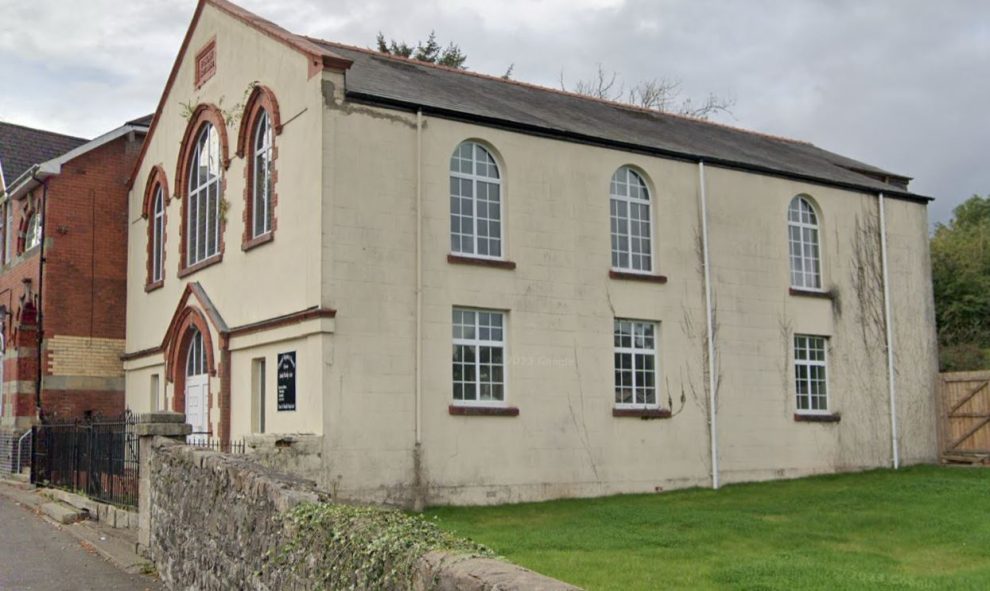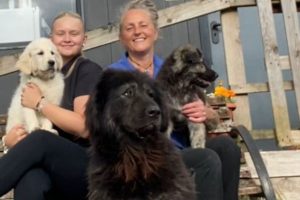A DECISION to reject a plan to convert a near 200-year-old Baptist church into flats due to a dispute over bat protections has been upheld.
The church that has been vacant for six years would have been converted into six flats in a development a council acknowledged would have provided “much needed housing”.
But the plans for the former Pisgah Baptist Church, in Talywain, Pontypool were refused in October last year as applicant Beth Jones disputed Torfaen Borough Council’s position she should carry out further surveys to check if the tiny mammals were roosting in the church that dates back to the 1820s.
A preliminary roost survey in April, last year, found no evidence of bats internally or externally but did identify a number of potential roosting features. The report recommended a further two dusk emergence surveys be carried out during May and September, described as “optimum bat season”.
Ms Jones’ agent suggested the council grant permission and require the further surveys be attached as a condition however Torfaen Borough Council said that wasn’t acceptable as wouldn’t be able to establish whether there would be adverse impact on bats which are a protected species.
That position has now been upheld by an independent planning inspector after Ms Jones appealed the decision to Planning and Environment Decisions Wales known as PEDW.
Inspector C Sweet said they considered it a “reasonable likelihood” bats are present in the building based on its condition and their observations.
Sweet said the Welsh Government’s technical advice notice “makes clear that it is essential” the presence of protected species, and the potential impact of developments, is established before planning permission is granted and also states permission shouldn’t be granted with conditions attached.
They also said while they acknowledged Ms Jones’ “intention to avoid harm to biodiversity” she hadn’t followed the approach to maintaining and enhancing biodiversity, as set out in Welsh planning policy, and there wasn’t sufficient information for any impact on bats to be assessed.
Sweet did say: “The proposal would make some contribution to the supply of housing locally and may also result in a degree of benefit to the local economy. However, such benefits would be modest and would not outweigh the harm to biodiversity interests that I have identified.”














